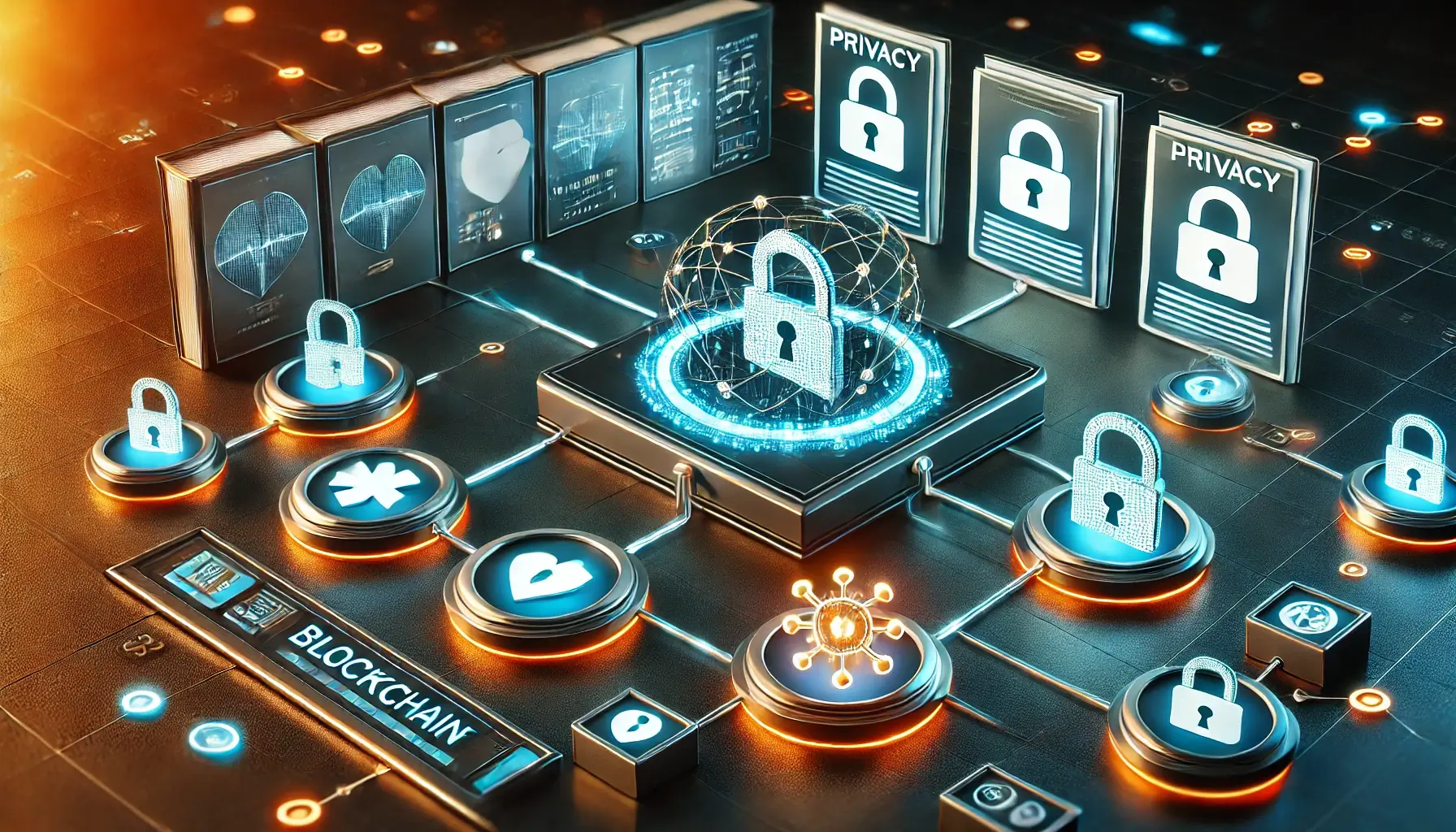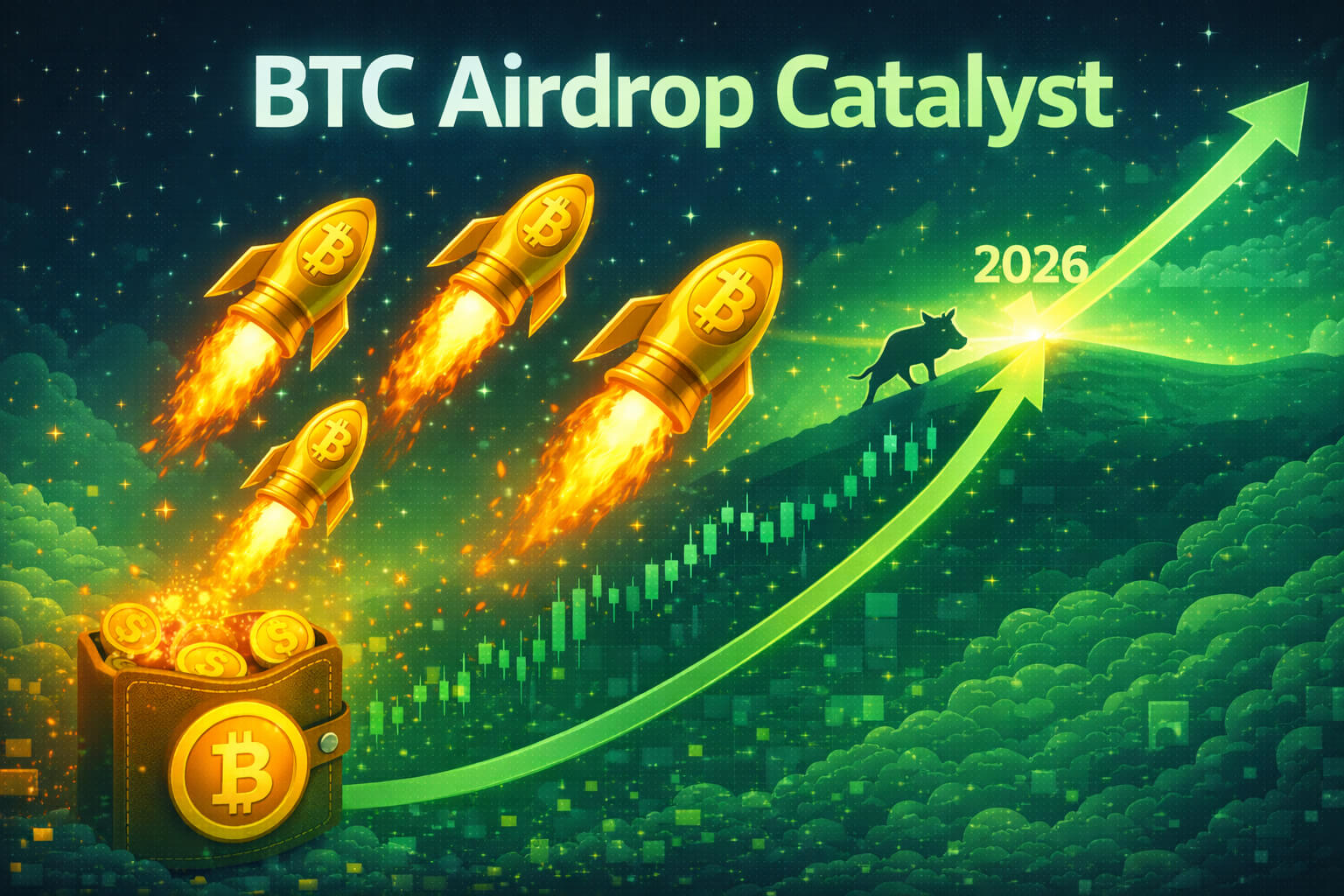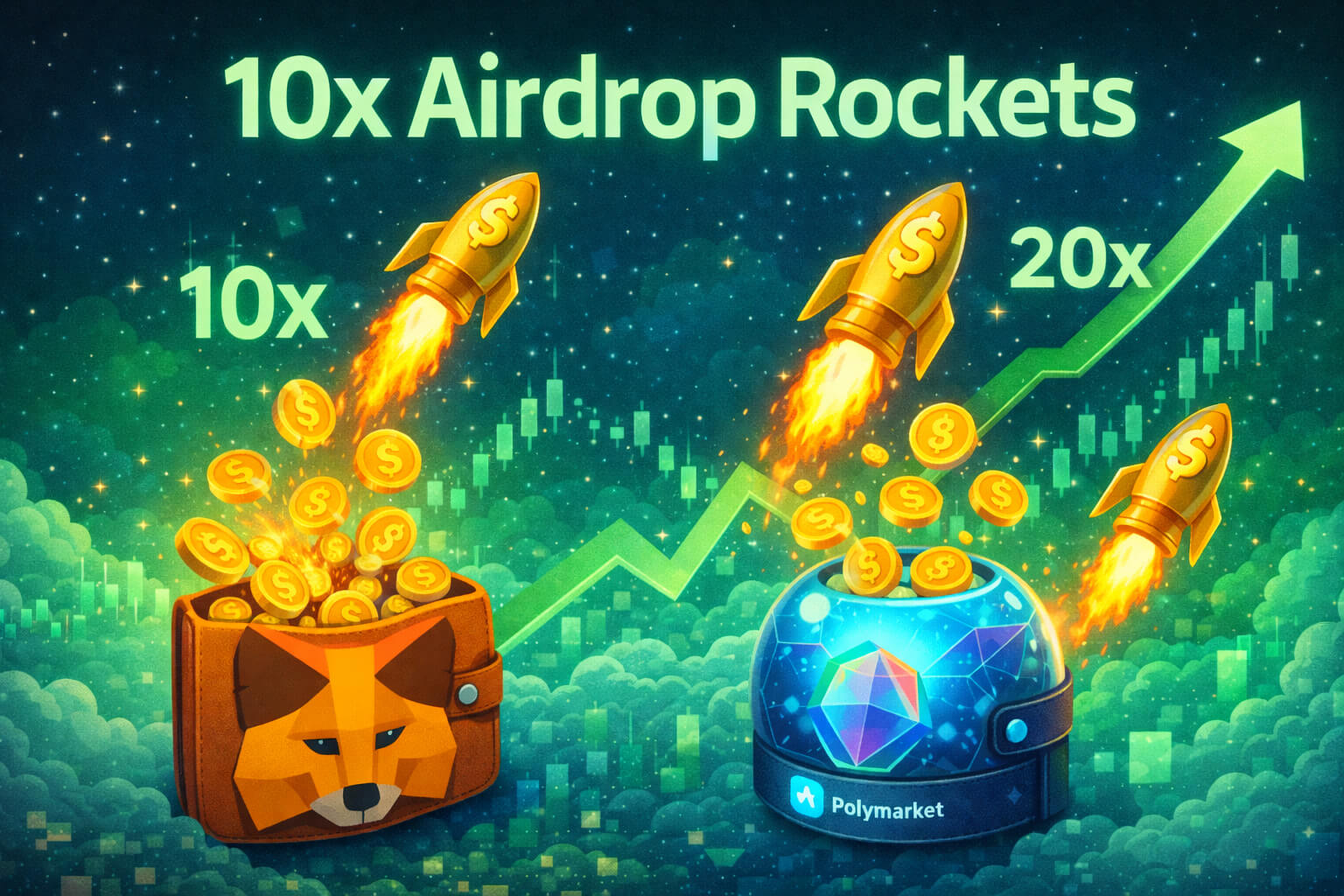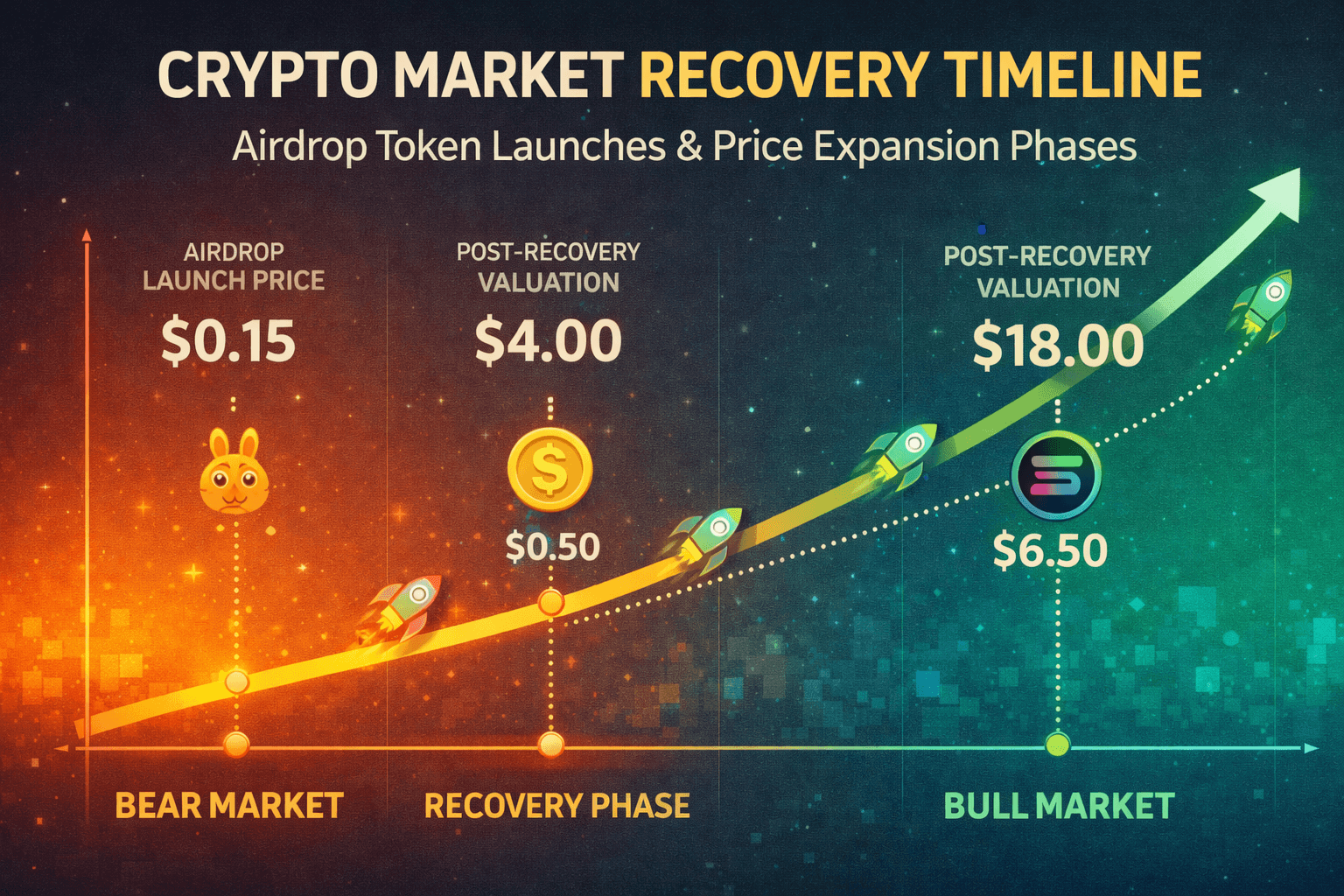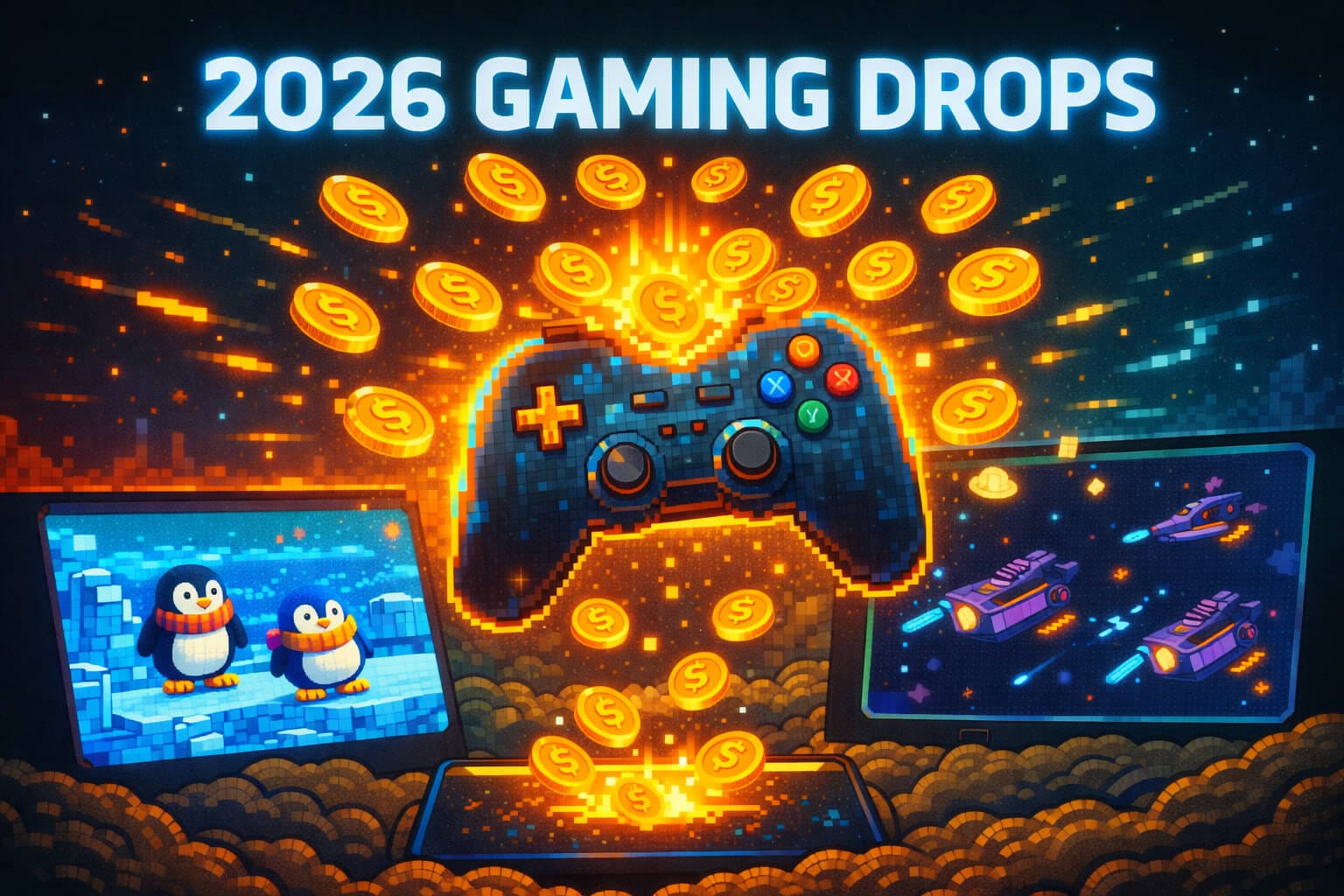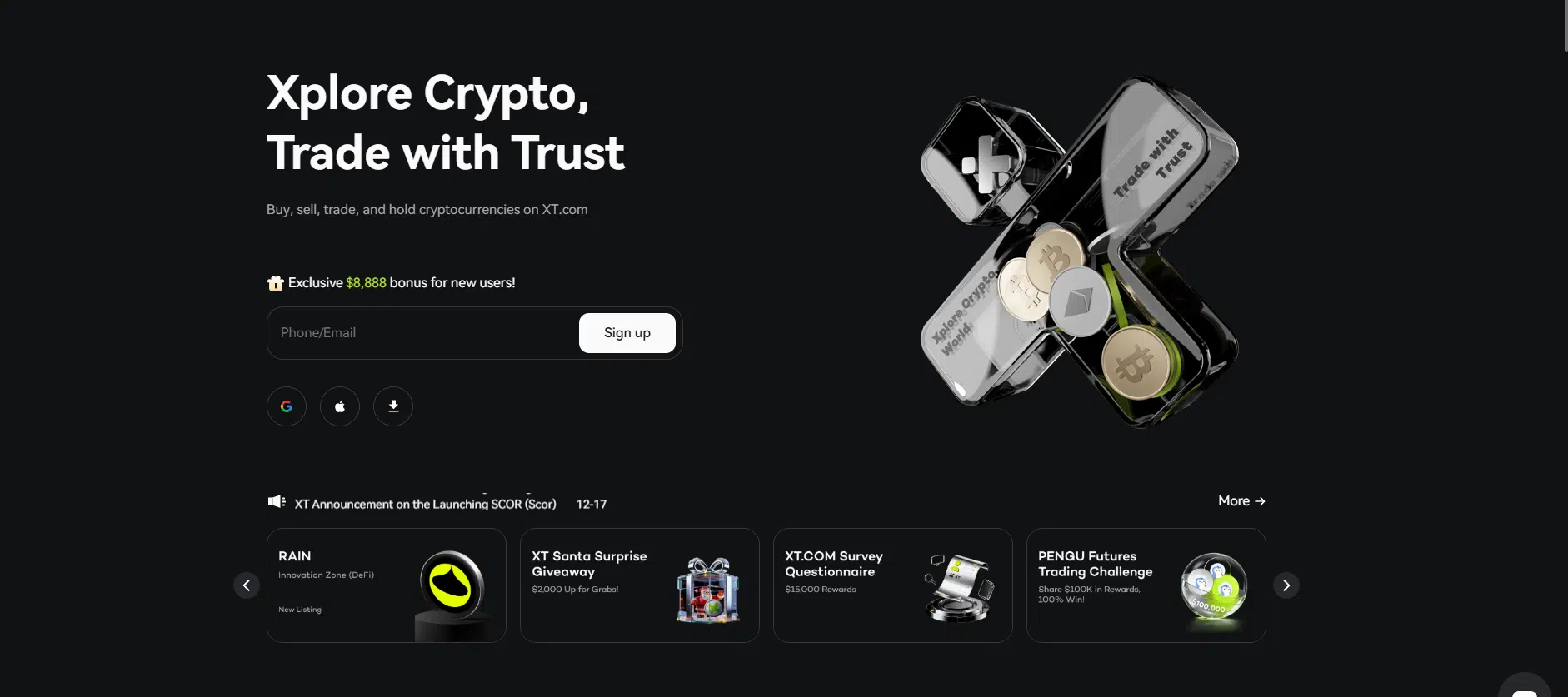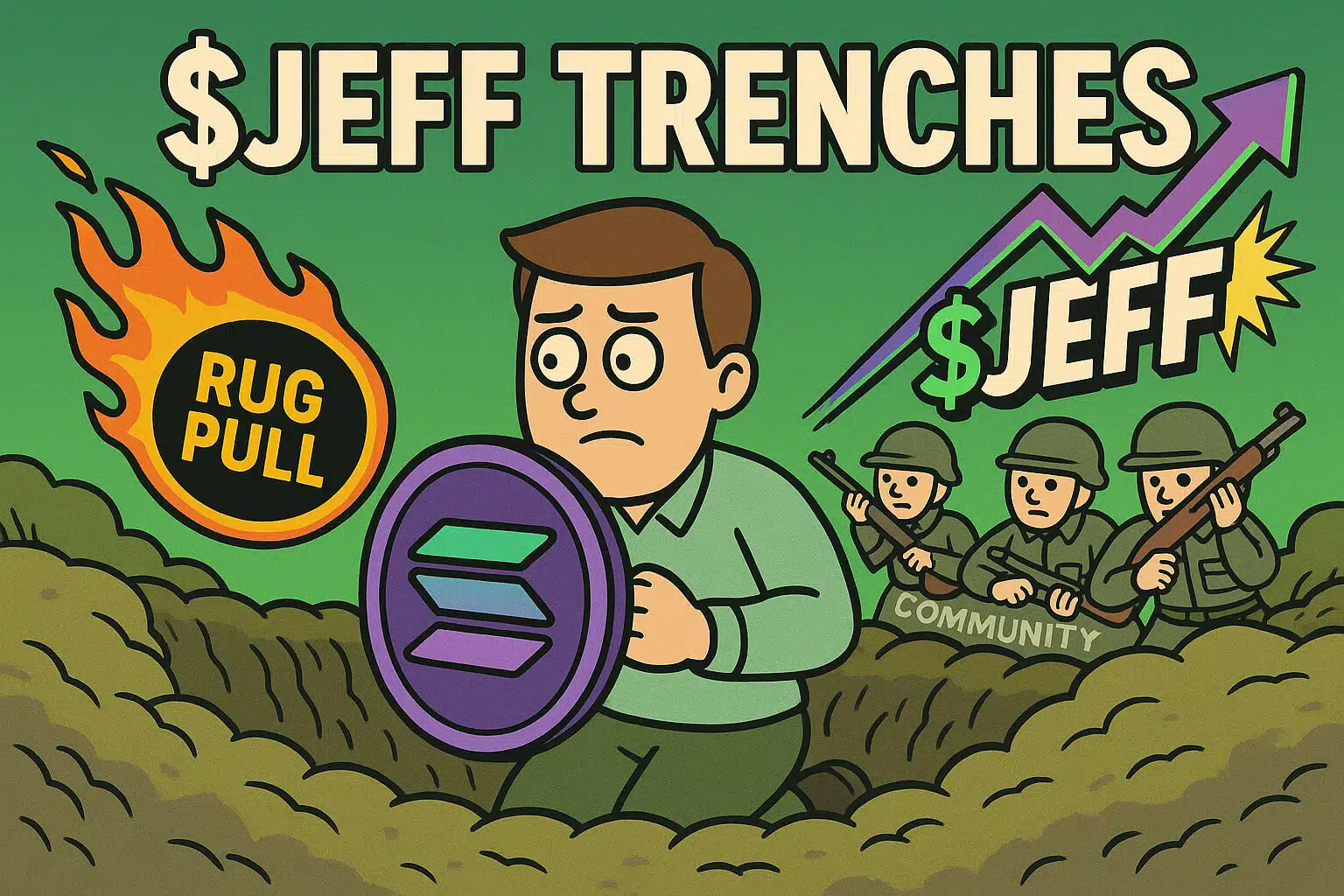The Future of Blockchain in the Internet of Things (IoT): Enhancing Security and Data Management
Introduction
The Internet of Things (IoT) is rapidly transforming industries by connecting devices, systems, and services through the internet. From smart homes and wearable devices to industrial sensors and autonomous vehicles, IoT is driving a new era of innovation. However, as the number of connected devices continues to grow, so do concerns about security, data management, and scalability. Blockchain technology offers a promising solution to these challenges, providing a decentralized and secure framework for managing IoT networks. In this blog, we’ll explore the future of blockchain in IoT, focusing on how it enhances security, improves data management, and enables more efficient IoT ecosystems.
The Intersection of Blockchain and IoT
IoT relies on the seamless exchange of data between connected devices. These devices generate vast amounts of data, which must be securely transmitted, stored, and processed. Traditional centralized systems can struggle to handle this level of data exchange efficiently and securely. Enter blockchain—a decentralized, tamper-proof ledger that can track and record every transaction between IoT devices in real time.
By integrating blockchain with IoT, organizations can create a more secure and efficient infrastructure that addresses the unique challenges of IoT, including data integrity, privacy, and scalability.
How Blockchain Enhances IoT Security
Security remains one of the most significant concerns in IoT networks. With millions of devices connected to the internet, the potential for cyberattacks and data breaches increases exponentially. Blockchain’s decentralized nature and cryptographic principles offer robust solutions to these security challenges.
1. Decentralized Security
Traditional IoT systems often rely on centralized servers, which can become prime targets for cyberattacks. A single point of failure in a centralized system can compromise the entire network. Blockchain eliminates this vulnerability by decentralizing data storage across a network of nodes.
How It Works:
- Distributed Ledger: Blockchain stores data across multiple nodes, making it nearly impossible for hackers to alter or manipulate the information without consensus from the entire network.
- No Single Point of Failure: Decentralization ensures that even if one node is compromised, the rest of the network remains secure, maintaining the integrity of the IoT system.
By decentralizing security, blockchain reduces the risk of cyberattacks and ensures that IoT networks remain resilient and trustworthy.
2. Enhanced Data Privacy
IoT devices continuously generate and exchange sensitive data, ranging from personal information to critical infrastructure details. Protecting this data from unauthorized access is crucial. Blockchain can enhance data privacy by allowing only authorized parties to access and share data.
How It Works:
- Encryption and Access Control: Blockchain uses advanced encryption techniques to protect data. Smart contracts on the blockchain can automatically enforce access control policies, ensuring that only authorized users can access specific data.
- Anonymity and Privacy: Blockchain can anonymize data, making it difficult for unauthorized parties to trace information back to individual devices or users. This capability is particularly valuable in IoT applications involving sensitive data, such as healthcare or finance.
Enhanced data privacy through blockchain allows organizations to protect sensitive information while maintaining the efficiency and functionality of IoT networks.
Blockchain’s Role in IoT Data Management
As IoT networks continue to grow, managing the vast amounts of data generated by these devices becomes increasingly challenging. Blockchain offers innovative solutions for improving data management in IoT, enabling more efficient data storage, sharing, and analysis.
1. Immutable Data Records
In an IoT network, data integrity is critical. Any alteration or corruption of data can have severe consequences, especially in sectors like healthcare, manufacturing, or supply chain management. Blockchain’s immutable ledger ensures that once data is recorded, it cannot be altered or deleted.
How It Works:
- Tamper-Proof Records: Blockchain creates an immutable record of each data transaction, ensuring that the information remains accurate and trustworthy over time.
- Audit Trails: Every transaction on the blockchain is time-stamped and linked to the previous transaction, creating a transparent and verifiable audit trail. This feature is invaluable for industries that require strict regulatory compliance.
By providing tamper-proof data records, blockchain ensures the reliability and accuracy of information in IoT networks, supporting better decision-making and regulatory compliance.
2. Efficient Data Sharing and Interoperability
IoT networks often involve multiple devices and systems from different manufacturers, creating challenges in data sharing and interoperability. Blockchain can streamline these processes by providing a standardized platform for data exchange.
How It Works:
- Standardized Protocols: Blockchain enables the use of standardized data exchange protocols, ensuring compatibility between different IoT devices and systems. This standardization reduces the complexity of integrating new devices into the network.
- Secure Data Sharing: Blockchain’s encryption and access control features allow secure data sharing between devices and systems. Smart contracts can automate data exchange, ensuring that data is shared only when specific conditions are met.
By improving data sharing and interoperability, blockchain enables more seamless integration of devices into IoT networks, enhancing the overall efficiency and functionality of the system.

Decentralized IoT Networks: The Future of IoT
One of the most exciting developments in the IoT space is the emergence of decentralized IoT networks, powered by blockchain technology. Unlike traditional IoT systems, which rely on centralized control, decentralized IoT networks operate on peer-to-peer interactions between devices, reducing the need for intermediaries.
1. Autonomous Device Management
In a decentralized IoT network, devices can manage themselves autonomously without the need for central control. Blockchain enables devices to communicate, transact, and make decisions independently, based on pre-defined rules encoded in smart contracts.
How It Works:
- Smart Contracts: Devices in a decentralized IoT network use smart contracts to execute transactions automatically when specific conditions are met. For example, a sensor could trigger a payment to a supplier once it confirms that a shipment has been delivered.
- Peer-to-Peer Interactions: Devices interact directly with each other through the blockchain, eliminating the need for a central authority to manage the network. This peer-to-peer model reduces latency, lowers costs, and increases the efficiency of IoT operations.
Autonomous device management represents a significant leap forward in IoT, allowing for more scalable, efficient, and self-sufficient networks.
2. Microtransactions and IoT
Blockchain also enables microtransactions in IoT networks, allowing devices to conduct small-scale transactions autonomously. This capability opens up new business models and revenue streams, particularly in areas like energy management, smart cities, and supply chain logistics.
How It Works:
- Cryptocurrency Payments: Devices can use cryptocurrency to pay for services, resources, or data within the IoT network. For example, a smart meter could automatically pay for energy consumption using cryptocurrency, based on real-time usage data. Know The Benefits of Accepting Cryptocurrency Payments.
- Real-Time Settlements: Blockchain enables real-time settlement of microtransactions, ensuring that payments are processed instantly and efficiently, without the need for intermediaries like banks or payment processors.
Microtransactions add a new layer of functionality to IoT networks, enabling devices to engage in economic activities autonomously and creating new opportunities for monetization.
Real-World Applications of Blockchain in IoT
Several companies and industries are already exploring the integration of blockchain with IoT to create more secure, efficient, and decentralized networks. Here are a few examples:
1. IBM Watson IoT: Blockchain for IoT Security
IBM’s Watson IoT platform integrates blockchain to enhance security and transparency in IoT networks. By using blockchain, IBM enables businesses to create tamper-proof records of IoT data, ensuring that the information remains secure and trustworthy.
2. VeChain: Blockchain in Supply Chain IoT
VeChain combines blockchain and IoT to improve supply chain transparency and efficiency. Through the use of smart sensors and blockchain technology, VeChain enables companies to track products in real-time, from production to delivery, ensuring authenticity and reducing the risk of fraud.
3. IOTA: Decentralized IoT Networks
IOTA is a cryptocurrency and platform designed specifically for IoT. It uses a unique blockchain-like technology called the Tangle, which allows for secure and scalable transactions between IoT devices. IOTA’s decentralized approach to IoT enables devices to interact and transact without the need for a central authority, making it ideal for smart cities and industrial IoT applications.
These examples highlight the potential of blockchain to revolutionize IoT, creating more secure, transparent, and efficient networks across various industries.
The Future of Blockchain in IoT
As IoT continues to evolve, the integration of blockchain technology will play an increasingly important role in addressing the challenges of security, data management, and scalability. The combination of blockchain and IoT will pave the way for decentralized networks where devices can operate autonomously, share data securely, and conduct transactions in real time.
In the future, we can expect to see more widespread adoption of blockchain in IoT, with new platforms and solutions emerging to address the unique needs of various industries. This integration will not only enhance the functionality of IoT networks but also unlock new business models and revenue opportunities, driving the next wave of innovation in the digital economy. Know The Potential and Future of Blockchain Technology in IoT!
Conclusion
Blockchain technology holds the potential to transform the Internet of Things by addressing critical challenges such as security, data management, and scalability. By integrating blockchain with IoT, organizations can create more secure, efficient, and decentralized networks that are capable of handling the growing demands of the connected world. As blockchain and IoT continue to converge, their combined impact will shape the future of technology, unlocking new possibilities for businesses and consumers alike.
FAQs
1. How does blockchain enhance IoT security?
Blockchain enhances IoT security by decentralizing data storage, reducing the risk of cyberattacks, and ensuring data integrity through tamper-proof records.
2. What role does blockchain play in IoT data management?
Blockchain improves IoT data management by creating immutable records, enabling secure data sharing, and facilitating efficient data exchange between devices.
3. Can blockchain support decentralized IoT networks?
Yes, blockchain enables decentralized IoT networks by allowing devices to interact and transact directly, without the need for central control, leading to more autonomous and scalable networks.
4. What are some real-world applications of blockchain in IoT?
Examples include IBM’s Watson IoT for enhanced security, VeChain’s blockchain-based supply chain tracking, and IOTA’s decentralized IoT platform for smart cities and industrial applications.
For more insights and detailed guides on cryptocurrency, visit our Crypto Guides Section.
Stay Updated
For the latest updates on cryptocurrency trends and news, follow us on:
- Twitter: https://twitter.com/FreeCoins24
- Telegram: https://t.me/freecoins24
Stay informed with the latest strategies and insights in the world of cryptocurrency at FreeCoins24.io.
Special Offer
For an enhanced trading experience, consider Bybit. Sign up through our referral link to unlock exclusive rewards, including up to $30,000 in deposit bonuses, and elevate your trading journey.



